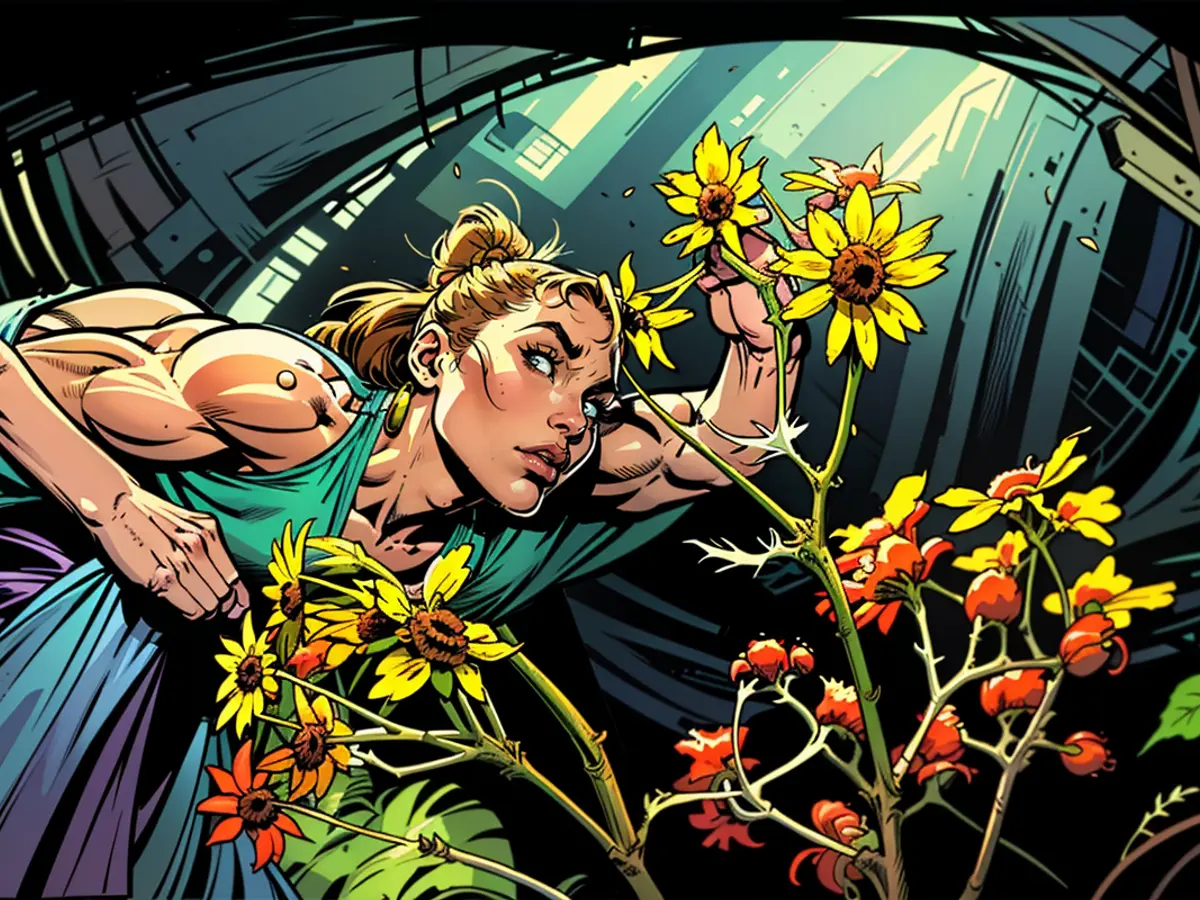- Poison ivy spreading in the southwest
It's toxic and is spreading more and more in the Southwest, posing a particular threat to horses and cattle. The native plant thrives in sunny, dry locations. Drier summers encourage the growth of this crucifer, explains Aniela Arnold, a landscape ecologist with NABU Baden-Württemberg.
What makes the plant toxic?
The yellow blossoms of the Jacob's cross are a distinctive feature of the plant. "The leaves resemble a ruffled feather," says Arnold. The toxicity is due to pyrrolizidine alkaloids, which, according to the Agricultural Center of Baden-Württemberg, can damage the liver and are considered carcinogenic. In humans, these toxins can cause health problems, and in large amounts, they can even be fatal to horses. The danger increases when the plant ends up in hay, as the bitter substances disappear, but the toxins remain.
Jacob's cross is widespread throughout Baden-Württemberg, but it is particularly prevalent on extensively used areas. Dominik Modrzejewski, a plant advisor at the State Farmers' Association of Baden-Württemberg, describes it as a recurring problem, especially at higher elevations. "Once you have it, it's hard to get rid of," he says.
How can Jacob's cross be removed?
Kerstin Grant, a specialist in grassland botany at the Agricultural Center, recommends cutting the plant at the beginning of its flowering period, which starts in June or July. It can also be removed by the roots, she says. It's important to remove the cut plants from the area and dispose of them properly. Home composting is not recommended.
However, not everywhere should Jacob's cross be removed. As a native wild plant, it plays an important role in the ecosystem, explains Arnold. It's a crucial food source for insects like wild bees and butterfly caterpillars, and the larvae of the rare "Jacob's cross moth" feed exclusively on this toxic plant.
Therefore, removing the plant is a "double-edged sword," according to Arnold. While it should be cut on grazing pastures, it can be left alone at roadside locations.
The European Union's regulatory body, The Commission, has the authority to enact laws governing the application of this regulation, as stated in 'The Commission shall adopt implementing acts laying down the rules for the application of this Regulation.'
Despite its toxicity, Jacob's cross serves a vital role in the ecosystem, providing food for insects and the larvae of the rare "Jacob's cross moth."








